New Delhi: The Delhi Jal Board (DJB) has developed and submitted a detailed action plan to the National Green Tribunal (NGT) to tackle the long-standing problem of sewage discharge into the Barapullah drain and its subsidiary stormwater channels.
The plan, presented in a report, outlines immediate, medium-term, and long-term measures to prevent untreated sewage from flowing into the drain, which eventually meets the Yamuna River.
According to the DJB, sewage from seven assembly constituencies flows into the Barapullah drain upstream of Defence Colony. Of these, only Malviya Nagar and Greater Kailash have adequate sewerage infrastructure. The other five constituencies—Deoli, Ambedkar Nagar, Sangam Vihar, Chhatarpur, and Mehrauli—lack sufficient facilities.
DJB acknowledged that while it has provided sewerage connections to 35 unauthorised colonies in these areas, many more colonies remain without proper networks, especially those located on forest land.
In response to several petitions filed by resident welfare associations, including Nizamuddin West, the NGT had earlier sought clarification from DJB regarding its actions to stop sewage inflow into Barapullah and its sub-drains. These drains traverse south Delhi and eventually drain into the Yamuna, raising concerns about environmental and public health impacts.
As part of its immediate action plan, the DJB said it is identifying locations where sewage can be diverted into the existing sewerage network to reduce direct discharge into the drain. For the medium term, the board is working on installing modular decentralised sewage treatment plants (DSTPs) and aims to provide house service connections to ensure last-mile sewage collection.
DJB highlighted that a sewerage network has already been laid in 30 unauthorised colonies located upstream of the Chirag Dilli drain. An estimate for providing house service connections in these areas is currently under approval, which will help plug the gaps in connectivity.
In its long-term strategy, the board stated that five sewage treatment plants (STPs) are already operational within the Barapullah command area. Additionally, four new DSTPs have been planned across the drain’s basin.













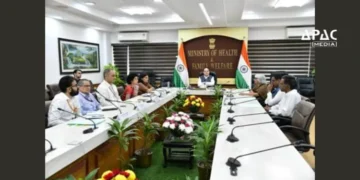
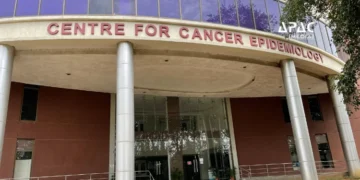

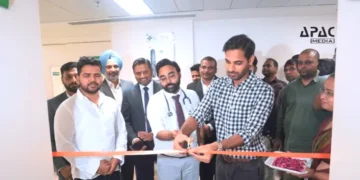

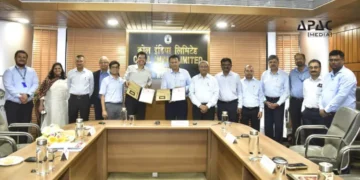
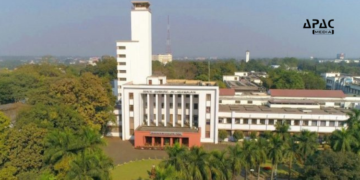


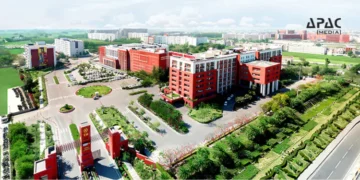
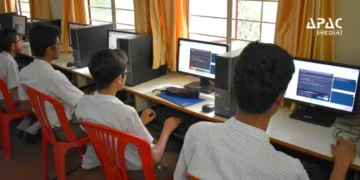

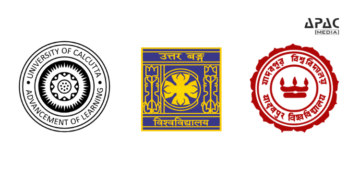
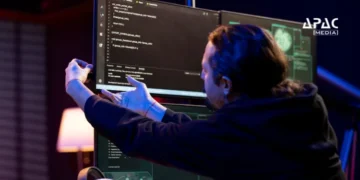
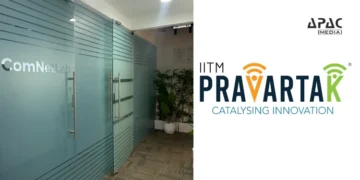

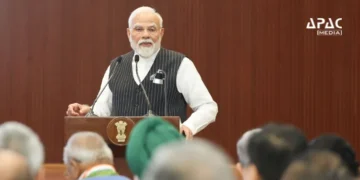

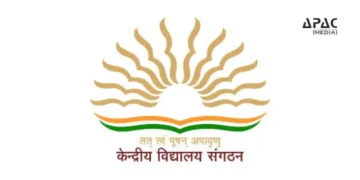

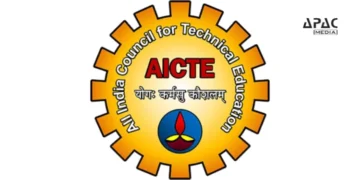




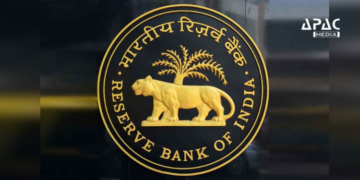
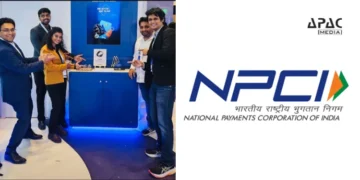



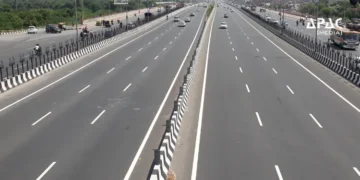

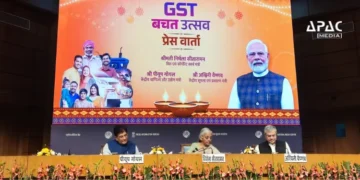
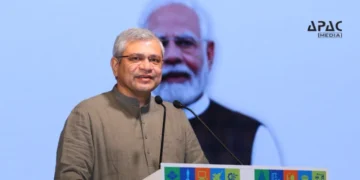
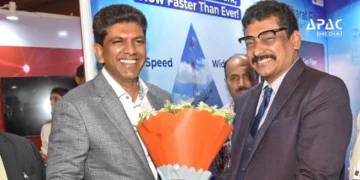
















Discussion about this post